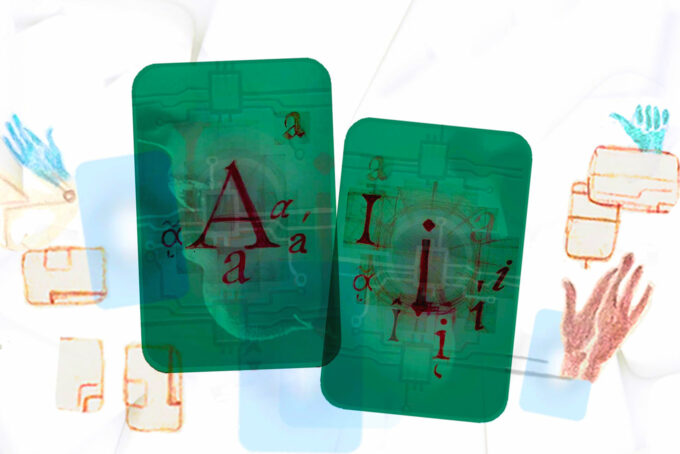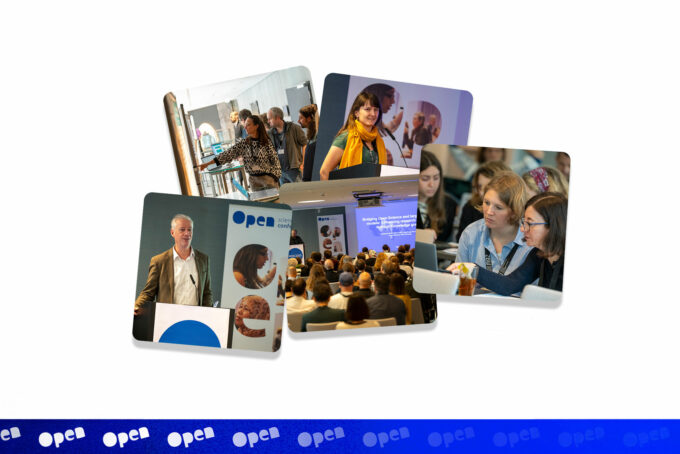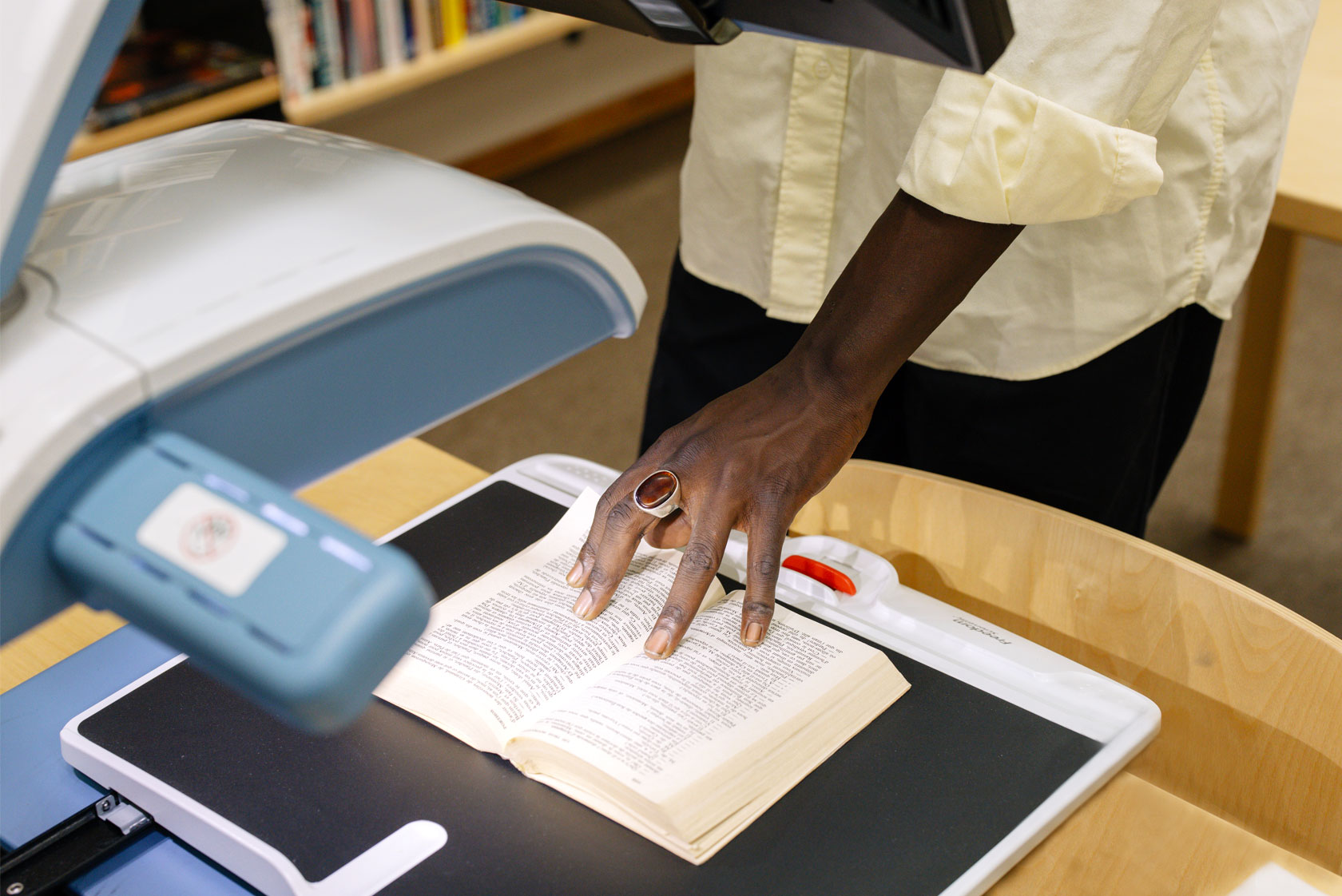
Workshop Retrodigitisation 2022: Do It Yourself or Have It Done?
At the workshop, digitisation projects in cooperation with volunteers, with service providers, in cooperation with other institutions or in-house digitisation centres were presented and provided a good basis for lively discussions on how to organise digitisation projects.
by Ulrich Blortz, Andreas Purkert, Thorsten Siegmann, Dawn Wehrhahn and Monika Zarnitz
Workshop Retrodigitisation: topics
Under the workshop title “Do It Yourself or Have It Done? Collaboration With External Partners and Service Providers in Retrodigitisation”, around 230 practitioners specialised in the retrodigitisation of library and archive materials met in March 2022. This year, the Berlin State Library – Prussian Cultural Heritage hosted the retrodigitisation workshop (German), which was held online due to the pandemic. For the first time in 2019, it had been initiated by the three central specialist German libraries – ZB MED, TIB Hannover and ZBW. All four institutions jointly organised a programme which, on the one hand, was about “Do it yourself or have it done?” and, on the other hand, about the question “Is good = good enough?” about quality assurance in retrodigitisation. After each of the eight presentations, there were many interesting questions and lively discussions developed.
Keynote: colourful and of high quality
The keynote on „Inhouse or Outsource? Two Contrasting Case Studies for the Digitisation of 20th Century Photographic Collections“ (PDF) was given by two English colleagues, Abby Matthews (Archive and Family History Centre) and Julia Parks (Signal Film & Media/Cooke’s Studios). They reported on their projects on digitisation of photographic records and old photographs from municipal archives, which they have carried out in cooperation with volunteers.
Skip to PDF contentThis was also a big challenge because of the Corona pandemic. Both were able to say that by involving those who later became interested in this offer, a special relationship to this local cultural heritage was developed. The experience of the volunteers also contributed a lot – especially to the documentation of the images, the speakers said.
Cooperation: many models
The first focus of the workshop was on collaboration in retrodigitisation. There were five presentations on this, which had a wide range:
Nele Leiner and Maren Messerschmidt (SUB Hamburg) reported in their presentation on “Class Despite Mass: Implementing Digitisation Projects with Service Providers” (PDF, German) on two retrodigitisation projects in which they worked together with service providers. It was about the projects “Hamburg’s Cultural Property on the Net” (German) and a project that was funded by the German Research Foundation (DFG) in which approx. 1.3 million pages from Hamburg newspapers are being digitised.
Andreas Purkert and Monika Zarnitz (ZBW) gave a presentation on “Cooperation With Service Providers – Tips for the Preparation of Specifications” (PDF, German). They gave clues on tips and tricks for preparing procurement procedures for digitisation services.
Julia Boensch-Bär and Therese Burmeister (DAI) presented the “‘Retrodigitisation‘ Project of the German Archaeological Institute“, which is about having one’s own (co-)edited publications digitised. They described the work processes that ensured the smooth implementation of the project with service providers.
Natalie Przeperski (IJB Munich), Sigrun Putjenter (SBB-PK Berlin), Edith Rimmert (UB Bielefeld), Matthias Kissler (UB Braunschweig) are jointly running the Colibri project (German). In their presentation “Colibri – the Combination of All Essential Variants of the Digitisation Workflow in a Project of Four Partner Libraries” (PDF, German), they reported on how the work processes for the joint digitisation of children’s book collections are organised. The challenge was to coordinate both the cooperation of the participating libraries and that with a digitisation service provider.
Stefan Hauff-Hartig (Parliamentary Archives of the German Bundestag) reported on the “Retro-digitisation Project in the Parliamentary Archives of the German Bundestag: The Law Documentation” (PDF, German). 12,000 individual volumes covering the period from 1949 to 2009 are to be processed. Hauff-Hartig reported on how the coordination of the work was organised with a service provider.
Conclusion: In the presentations on cooperation with other institutions and service providers, it became clear that the success of the project depends heavily on intensive communication between all participants and careful preparation of joint work processes. The organisational effort for this is not insignificant, but the speakers were nevertheless able to show that the synergy effects of cooperation outweigh the costs and that projects only become possible when others are involved.
Quality assurance: Is “good” = good enough?
This question was posed somewhat self-critically by the speakers in this thematic block. Procedures and possibilities for quality assurance of the digitised material were presented:
Stefanie Pöschl and Anke Spille (Digital German Women’s Archive) contrasted the quality, effort and cost considerations of “doing it yourself” with those of purchasing services. In their presentation on “Quality? What for? The Digital German Women’s Archive Reports From Its Almost 6-year Experience With Retrodigitisation” (PDF, German) they looked at the use of standards to ensure the highest possible level of quality.
Yvonne Pritzkoleit and Silke Jagodzinski (Secret State Archives – Prussian Cultural Heritage) presented under the title “Is Good Good Enough? Quality Assurance in Digitisation” their institution’s quality assurance concept. This is based on the ISO/TS 19264-1:2017 standard for image quality. The concept can provide many suggestions for other institutions.
Andreas Romeyke (SLUB Dresden) explained in his presentation “Less is More – the Misunderstanding of Resolution” (PDF, German) why less is often more when it comes to the resolution of images. He described what is meant by resolution, how to determine a suitable resolution and what effects wrongly chosen resolutions can have.
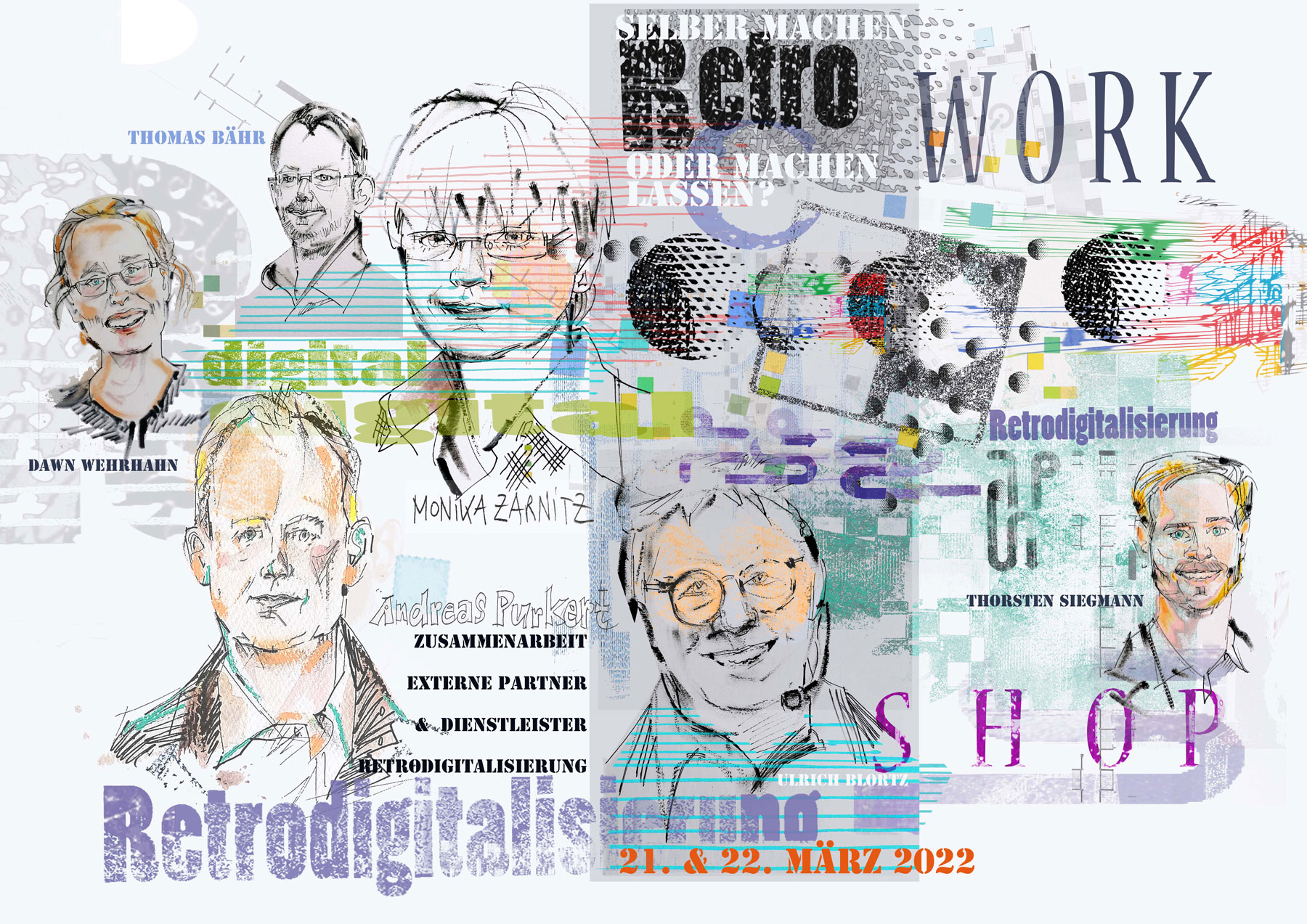
Collage of the online workshop – by Karin Schliehe, ZBW©
Conclusion: Increasingly, digitised material is not only used as a document to be received for academic work, but it itself becomes research data that the users use, e.g. in the context of the digital humanities. This results in special quality requirements that are not always easy to implement. The three presentations on this topic showed different approaches to the topic and also that it is an important concern for quality management to put effort and benefit in a reasonable relationship. It became clear that standards such as ISO 19264-1 are increasingly being applied, even if this is still not always done according to the textbook, but within the range of technical and personnel possibilities.
Workshop Retrodigitisation 2022: lively discussions – good feedback
In the first part of the workshop, all presentations contained concrete recommendations and useful tips for the design of digitisation projects with service providers. Many aspects that were described in the presentations and discussed afterwards were strongly oriented towards practice, so that they could be incorporated by the participants for their own implementation of projects with service providers and offered a good basis for future planning of their own projects. It was particularly interesting to hear which quantity structures for the pages to be scanned can be implemented in projects with service providers and how projects could be successfully implemented with several institutions despite the pandemic.
The presentations on the topic of quality in the second block of the workshop also met with great interest. Again, all contributions included many practical tips that can be applied to the audience’s own organisations.
In summary, it can be said that the workshop with its many interesting contributions showed the many different ways of working with service providers and the increasing importance of quality management.
The feedback survey showed that the workshop was again very well received this year. All participants were able to take away many new impulses and ideas. The organising institutions will offer another workshop next year. In 2023, it will be hosted by the ZBW.
This text has been translated from German.
Further readings:
- 4th Retrodigitisation Workshop: Do It Yourself or Have It Done? Cooperation With External Partners and Service Providers in Retrodigitisation (German)
- Presentation slides for the workshop (German)
- The Digitisation Centre of the Berlin State Library Introduces Itself (YouTube-Film, German)
- Libraries as a Place After Corona: Hybrid and Participatory?
- Digitalisation in Libraries: 5 Lessons from the Corona Crisis for the New Normal
- Retrodigitisation for the Preservation of Economic Content – a Practical Report From the ZBW Kiel / Hamburg (German)
Ulrich Ch. Blortz is a qualified librarian for the higher service in academic libraries and a library official. He has worked at the former Central Library of Agricultural Sciences in Bonn since 1981 and has also been responsible for retrodigitisation at the ZB MED – Information Centre for Life Sciences since 2003.
Andreas Purkert is a freight forwarding and logistics merchant. In the private sector, he worked as a certified quality representative and quality manager and as part of the industry certificate REFA basic certificate work organisation. Since May 2020, he has been head of the Digitisation Centre of the ZBW – Leibniz Information Centre for Economics.
Thorsten Siegmann is Head of Unit at the Berlin State Library and responsible for managing retrodigitisation. He holds a degree in cultural studies and has worked in various functions at the Foundation Prussian Cultural Heritage for 15 years.
Dawn Wehrhahn has been a qualified librarian since 1992. Since then she has worked, with a short interruption, at TIB – Leibniz Information Centre for Technology and Natural Sciences and University Library. Her areas of work were: Head of the Wunstorf Municipal Library, Head of the Physics Department Library at TIB, from 2001 Team MyBib Operations within TIB’s full text supply. Since October 2021, she has headed the retrodigitisation team.
Dr Monika Zarnitz is an economist and Head of the Programme Area User Services and Preservation at the ZBW – Leibniz Information Centre for Economics.
View Comments
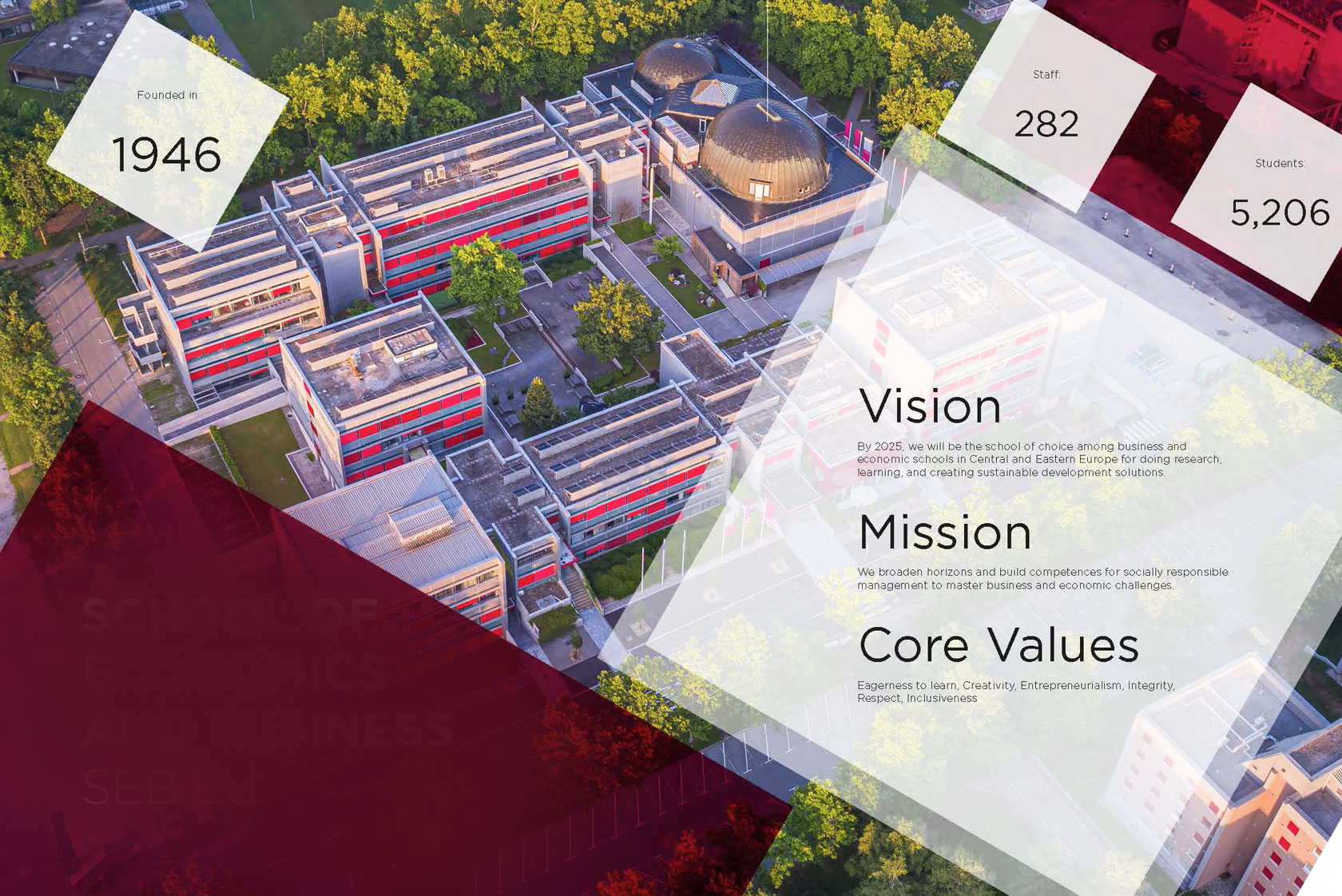
User Experience in Libraries: Insights from the Central Economics Library at the University of Ljubljana
„The results of the decision to apply UX methods when introducing new services are...

